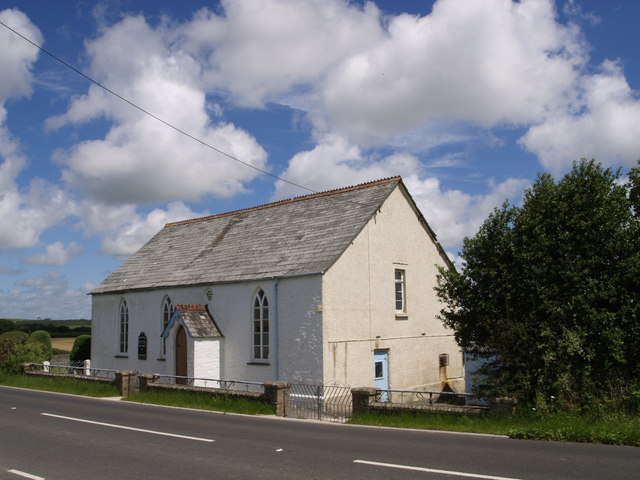I am surprised that piston, our resident Francophone here at CMG, did not point out that the cutting edge in church music moved from Germany to France quite some time ago.
Olivier Messiaen was in the pay of the Église de la Sainte-Trinité in Paris as its titular organist from 1931 right up until his death in 1992--61 years.
Take a look at the titular organists in the history of the Basilique Ste-Clotilde in Paris. They include Cesar Frank from 1859 until his dealth in 1890, Gabriel Pierné 1890-1898, and Charles Tournemire from 1898 until his death in 1939.
Alhough the fact that Francis Poulenc was one of the first openly gay composers prevented him from being in the employ of a church, he always considered himself a devout Catholic, and a number of his works are on religious themes, including his opera
Dialogues of the Carmelites, his
Stabat Mater, and his
Gloria.
Other French composers who enjoyed long tenures as church organists and composers include Louis Vierne and Maurice Duruflé.
And, even in Bach's lifetime, we find an extraordinary and, in my view, grossly underrated French composer, Jean Gilles (January 8, 1668 – February 5, 1705), born at Tarascon.
After receiving his musical training as a choirboy at the Cathedral of Saint-Sauveur at Aix-en-Provence, he succeeded his teacher Guillaume Poitevin as music master there. After moving on several times, he became music master at the Cathedral of St Etienne at Toulouse in 1697, as the successor of André Campra. His musical style was influenced by Campra, as were most musicians of his day. He composed motets and a famous requiem, which was performed for the first time at his own funeral (because the original commissioner thought it too expensive to perform), but was later sung at the funeral services for the Stanisław Leszczyński, King of Poland in 1736, Jean-Philippe Rameau in 1764, and Louis XV in 1774. His motets were played frequently[1] from 1728 to 1771 at the Concert Spirituel.
His choral works often alternate passages sung by the soloists with those sung by the chorus. In 1752, in Lettres sur les hommes célèbres du règne de Louis XIV, Pierre-Louis d'Aquin said that Gilles would doubtless have replaced Lalande if he had lived long enough. Gilles died suddenly at the age of 37 in Toulouse.
The last two paragraphs and part of the one before it are copied from the Wikipedia article on Gilles @
http://en.wikipedia.org/wiki/Jean_Gilles_(composer). I am also grateful to Wikipedia for ALL the other data on other composers in this post.
And, besides Iced Note, let us note the our very own Karl Henning composes a lot of ecclesiastical music.
